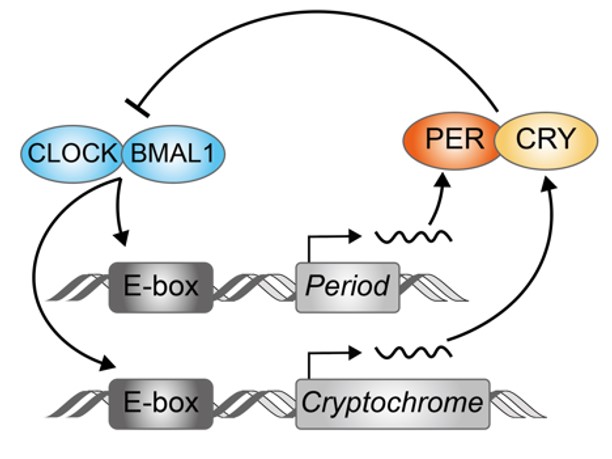DATE2024.05.30 #Press Releases
Discovery of Phosphorylation Sites Critical for Accurate Counting of the Circadian Clock
Summary of Presentations
Yuta Otobe, a researcher of Circadian Clock Project in the Tokyo Metropolitan Institute of Medical Science (at the time of the research, School of Science, Department of Biological Sciences, The University of Tokyo), and project leader Hikari Yoshitane (Associate Professor of the same Department) have discovered phosphorylation sites that determines period length of the circadian clock in mammals. The circadian clock generates physiological rhythms such as sleep and wake that repeat every day in a 24-hour cycle. Disruption of the circadian clock causes various diseases such as high blood pressure, diabetes, and heart disease. In this study, by combining a knockout rescue experiment using cultured cells with a simulation using a mathematical model (in collaboration with KAIST, Korea), we identified the phosphorylation sites of CLOCK and BMAL1 proteins, which are central factors in the circadian clock, and clarified their molecular mechanisms. The results of this research are expected to lead to an understanding of the mechanism by which organisms accurately count 24 hours at the cellular level, and to make it possible in the future to manipulate our biological clock at will.
The research results were published in the online edition of the U.S. scientific journal "Proceedings of the National Academy of Sciences (PNAS)" on Thursday, 28, 2024.

Figure: Core loop in the circadian clock
For more information, please visit the website of Tokyo Metropolitan Institute of Medical Science.(in japanese)
Links:
Tokyo Metropolitan Government Bureau of Public Health
Journal
-
Journal name Proceedings of the National Academy of Sciences (PNAS)Title of paper


